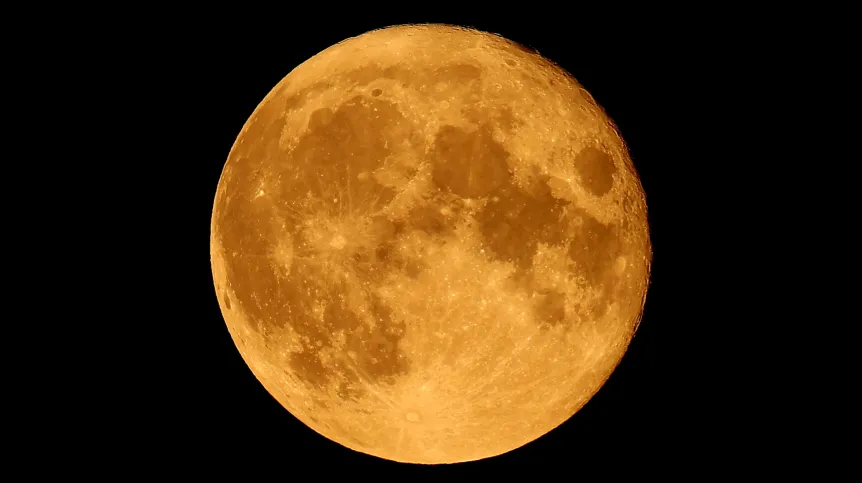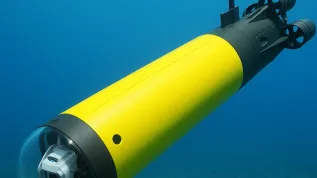
The AGH University of Science and Technology in Kraków has launched a second-cycle of its Space Borehole Mining course.
Described by organisers as a unique specialisation on a global scale, scientists and engineers from the university convert terrestrial drilling and mining technologies to space conditions.
Dr. Adam Jan Zwierzyński, assistant professor at the Faculty of Drilling, Oil and Gas, AGH UST, said: “The construction and maintenance of a permanent base on the Moon will require the use of local resources, and this can already be called space mining.
“NASA, ESA, as well as space agencies from China, India, Russia and other countries, are working on In-Situ Resource Utilization (ISRU).
“The answer to new challenges is the second -cycle Space Borehole Mining course at the Faculty of Drilling, Oil and Gas, which will start in March 2023.
“We are among the pioneers here, as it will be another course related to the acquisition of space resources, or space mining, after the Colorado Schools of Mines in the US.”
The organizers point out that according to the study 'Opportunities for space resources utilization future markets', prepared by the Luxembourg Space Agency, by 2045 space mining sector will employ 845 thousand to 1.8 million people full-time.
The new specialisation will prepare students for a wider range of space professions, so that they are attractive candidates for enterprises working also in other areas, not only space technologies.
In addition to such subjects as exploration and operation of raw materials in space environment, space mining, orbital mechanics for space transport and mining, students will also learn about satellite technologies, data processing, machine learning and robotics, start-up methodologies.
Dr. Zwierzyński said: “The work on this course took us over a year, it is solidly prepared and well thought out. Our teaching staff consists of high-class specialists we invited to cooperate, including experts from ESA.
“Students can expect an interesting study program, gaining valuable soft and hard skills, and at the same time an incredible adventure.”
The course starts in the summer semester 2022/23 and last three semesters.
More information (in Polish) is available at: https://sylabusy.agh.edu.pl/pl/1/2/18/1/5/11/38
PAP - Science in Poland, Marek Matacz
mat/ agt/ kap/
tr. RL













